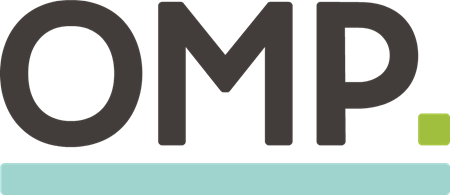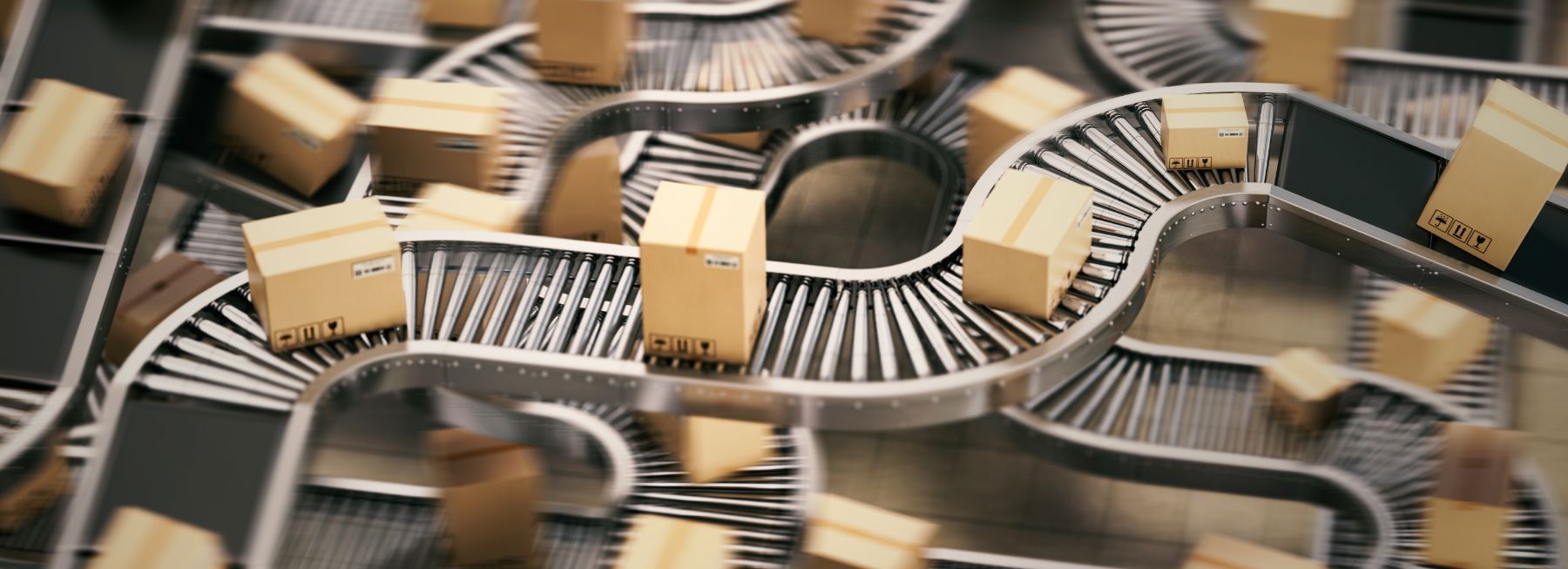
Can packaging companies really embrace market dynamics?
Bart Verbruggen - March 9, 2022

While producers of paperboard packaging always had their share of challenges, current market dynamics make it even harder to run their businesses. Demand is becoming more volatile, less predictable, more diverse and more customer-specific than ever before. E-commerce and home delivery are changing the landscape and the pandemic makes it all even more difficult to predict.
The continuous struggle becomes even more challenging
Blog post
I see many packaging companies struggle with orders coming in at the last minute. They find it difficult to make realistic service promises and than live up to those promises throughout the planning and production process. The need to produce ever smaller batches of highly customized boxes while maintaining reasonable levels of stock and work in process makes it hard to schedule and optimize their corrugator and converting lines.
The continuing pressure for shorter lead times results in a growing number of items being managed in a make-to-stock arrangement, which brings the additional challenge of combining make-to-stock with make-to-order competing for time on the same machines. And don’t forget that companies need to further reduce waste and increase efficiencies in this era of extremely fast fulfillment.

Blog post
Why it’s good to invest in forecasting
But there is also good news. Packaging companies can benefit a lot if they upgrade some of their planning practices and solutions. A prime example lies in forecasting demand. Many companies currently refrain from doing anything in this area, simply because they believe it’s too difficult and not very reliable.
They should think again. Indeed, state-of-the-art forecasting solutions are definitely able to distinguish ‘exceptional’ historical data from ‘normal’ data and can even make a good guess at what next month’s ‘new normal’ will be like. Forecasting techniques can also include demand sensing, which involves monitoring open orders, downstream production data, and external indicators of changing demand to keep the forecast reliable.
Using science to make sense of data
Blog post

There’s room for improvement on the supply side too. For example, data science solutions can thoroughly analyze the product portfolio, shop floor production data, and sales data, in combination with dozens of external indicators. Such analysis can be used to improve the segmentation and prioritization of products and customers, or to decide which products could be better produced in a make-to-stock arrangement.
Blog post
Getting the tactical planning off the ground
Blog post
The kind of analysis offered by forecasting and data science also allows companies to get their long- and medium-term planning off the ground. Indeed, experience in other industries indicates there are a lot of opportunities for paperboard packaging companies to further improve their sales and operations planning (S&OP).
Tactical planning backed by AI can help these companies maximize synergies across the supply chain. Capacities can be planned to consider seasonal effects brought to the surface by data analysis. Predicted shifts in demand can trigger reallocation of production volumes to other sites, or a decision to open a night shift in one location, avoiding costly last-minute decisions on outsourcing or weekend overtime.

Blog post
Embracing the dynamics
Yes, current market dynamics are giving packaging companies a hard time. But they could greatly benefit from putting more science into their planning practices. Even up to the point where they really embrace the dynamics in allowing them to become more reliable and competitive.
Are you ready to create smarter plans for your packaging supply chain?

Bart Verbruggen
Commercial Lead Paper, Plastics and Packaging at OMP BE
Biography
20 years at OMP focusing on supply chain excellence in paper & packaging have given Bart a good insight in the industry challenges. He combines business development and advisory to help companies excel in supply chain planning and digital transformation initiatives.





